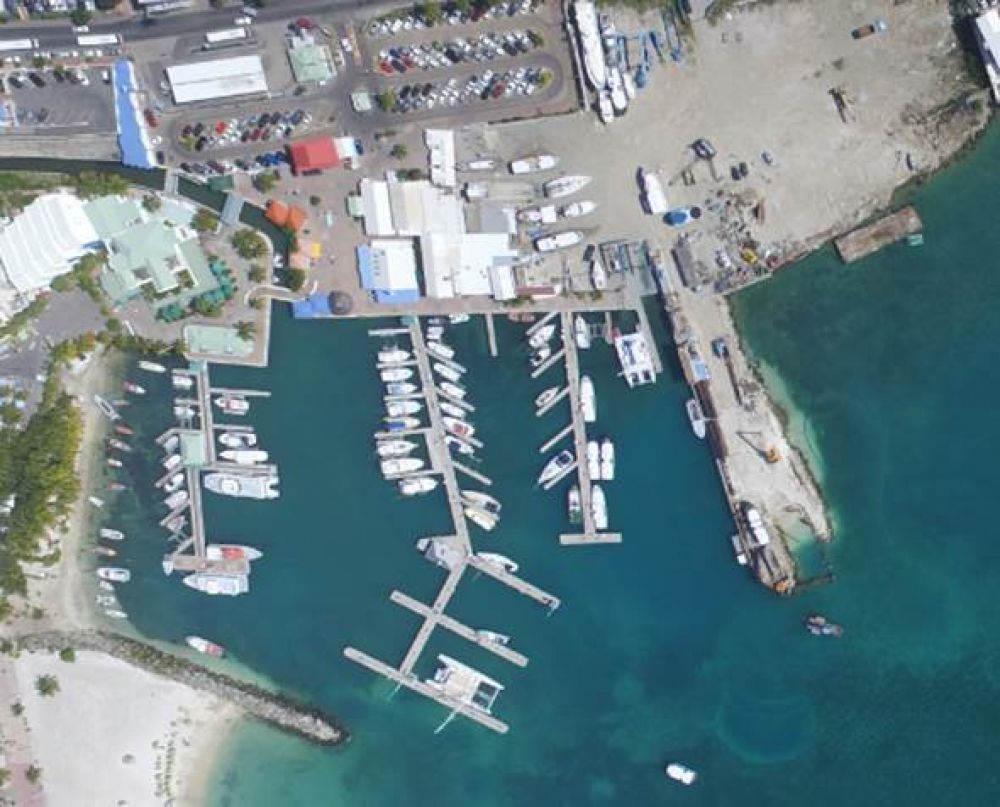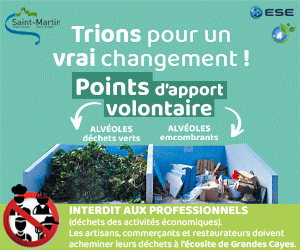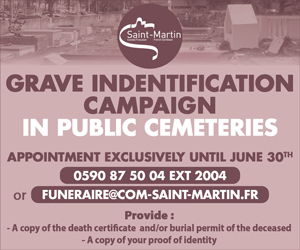Court blocks long lease on water parcels in Great Bay
The Court in First Instance has forbidden country St. Maarten to give out a water parcel in Great Bay to Corplease Ltd., an entity established in Tortola, or to any other entity. The court furthermore ordered the country to prevent the placement of a floating or permanent pier on in the water, located between Bobby’s Marina and Dock Maarten’s marina. The court imposed a penalty of $1 million for each infringement on the order with a maximum of $10 million.
Dock Maarten took the country to court in summary proceedings on November 4. Five days later the court went to the location to assess the situation.
The conflict between Dock Maarten – represented by attorney Roeland Zwanikken – and the country revolves around plans to grant the right of long lease to Tortola-based company Corplease Ltd. for a parcel that is situated between the two marinas. However, between the two marina’s is a parcel of water earmarked as neutral waterway.
Sailors use this water to maneuver their vessels into the marinas.
A water parcel with certificate of admeasurement number 180/2016 is part of the neutral waterway. It borders on a parcel of land that belongs to Corplease.
On September 16, Vromi-Minister Angel Meyers granted the right of long lease for part of the neutral waterway to Corplease. It has however not yet delivered the parcel to this company.
The decree that grants the long lease stipulates that the water parcel may only be used to maintain the neutral waterway “conform the draft development plan insofar as this does not hinder access to the adjacent marinas.”
The neutral waterway was established in a document dated October 24, 2005. It carries the signatures of representatives of Bobby’s Marina, Dock Maarten and the Island Territory of St. Maarten.
On February 26, 2015, Vromi wrote to Dock Maarten’s attorney Zwanikken that this agreement will be respected “by using it as a point of departure for the respective development plan and by not issuing any parcels of water in long lease within the neutral waterway.”
In emails dated September 11, 2015, and February 4, 2016, Vromi repeats this position.
But on September 16 of this year there is a shift: “It goes without saying that I intend – as much as possible – to respect the existing rights of third parties such as your client Dock Maarten.”
Twelve days later, Zwanikken expresses his discomfort with Minister Meyer’s position: “Why has it been decided to grant water rights to an undisclosed third party that is partially situated in the neutral water way?”
Zwanikken asks the ministry whether there is a ban on building on these parts of the water rights and why it would be given in long lease if it is not possible to build there. “This does not seem to make sense.”
Zwanikken asks two more pertinent questions about the situation, but the ministry does not respond.
In summary proceedings, Dock Maarten asked the court to forbid the country to grant rights of long lease for the contested water parcel or for any other parcel that is situated in the neutral waterway. It also asked for a ban on any building permit and for a penalty of $5 million for every infringement on these bans.
When the court went on site to inspect the situation it found that if the contested part is filled in, “Docking at the nearest pier of Dock Maarten will become impossible or very difficult” and that “safely maneuvering of vessels will no longer be possible.”
The court found that this is also true if Corplease decides to dock yachts or floating objects at the quay of its parcel of land. “If Corplease decides to place a floating pier a large part of the dock Maarten marina will no longer be accessible.”
The agreement of October 24, 2005, does not forbid the country to grant the right of long lease for parts of the neutral waterway, the court ruling states, “as long as the free passage is guaranteed.” The country itself is even of the opinion that it is not allowed to grant the right of long lease for water parcels in the neutral waterway, the court observes.
The court agrees with Dock Maarten that the country’s position has been shifting on this issue. In particular the email of September 16 (with the “as much as possible” remark) “gives Dock Maarten the justified fear that the country has become less strict with its guarantee-duty, “especially because it is unclear what kinds of plans Corplease has with the water parcel.”
The long lease conditions do not convince the court at all, the ruling states. This is because the country refers to a draft zoning plan that still has to be established. “Therefore nobody knows what its content will be.”
The court granted Dock Maarten’s demands. “There is reason enough to assume that without such a ban the country will imputably fall short of the agreements of October 24, 2005.
“The solution for this problem is logical: not granting long lease rights for the water parcels or an easement for the parcels of Dock Maarten so that it can enforce this towards Corplease or its legal successors.”
The court presented in its ruling a remarkable motivation for the imposition of penalties. “Unlike what the country claims, the court cannot assume just like that that the country will respect court orders without penalties. That the country reportedly has insufficient resources to pay is not a good reason to forego the imposition of penalties. The economic circumstances of Dock Maarten justify a sturdy penalty as an incentive for the country to abide by the court ruling.”
Photo above caption: The situation at Bobby’s Marina on February 2, 2016. Next to the pier on the right illegal filling is underway. Photo contributed










